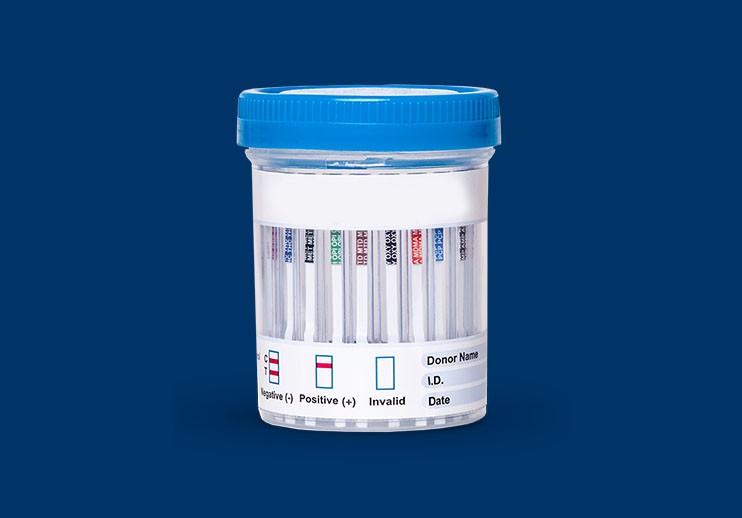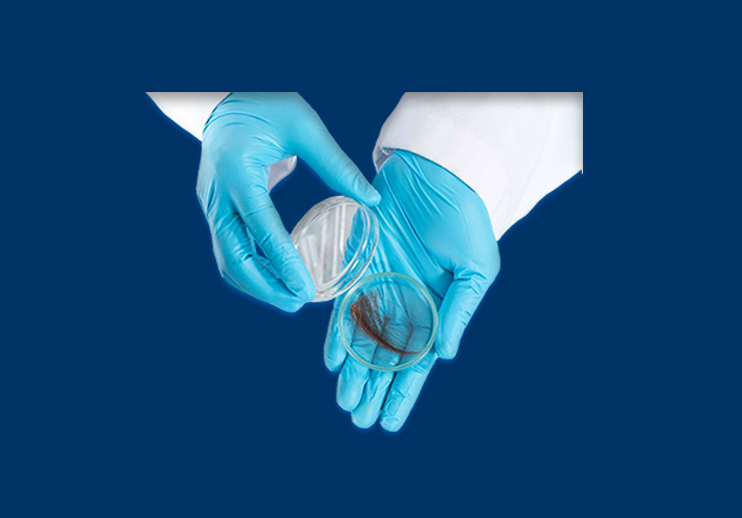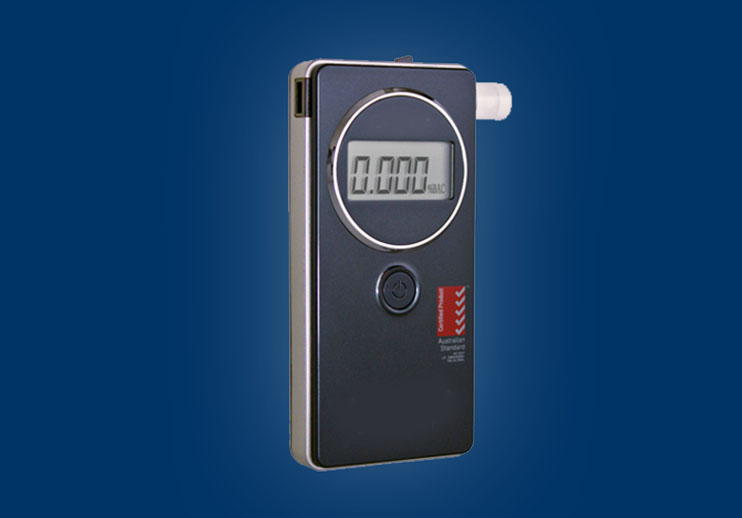Schedule a Drug Test in Connecticut
How to Schedule a Drug Test in Connecticut
Scheduling a drug, hair, alcohol or any testing service at any of our Connecticut testing facilities is simple and easy. Call (800) 977-8664 or you may schedule a test online 24/7 by clicking the ‘Order a Test’ button and receive your donor pass/registration form with the testing center address and instructions via email.
We Have Drug, Hair and Alcohol Testing Centers in all cities in Connecticut. (Call for additional drug testing locations)
Please be aware that our Connecticut drug testing centers do not accept any form of payment and require a test registration/ donor pass to administer a drug, alcohol, or any other type of test. You must call (800) 977-8664 to register for a test or you may register online, no appointment is needed, but a test registration form is required. Your zip code will be used to find our closet drug testing center to perform the drug or alcohol test which is needed.
About the State of Connecticut
Connecticut, also known as several difference names including The Provisions State, The Constitution State, The Nutmeg State and the Land of the Steady Habits, it located in the southern New England area of the United States. Connecticut’s state song is “Yankee Doodle.” The scrappy lyrics to the historic tune allegedly came from a British surgeon named Dr. Richard Shuckburgh who wanted to make fun of the ragged appearance of the state governor’s son, Col. Thomas Fitch V, and his troops during the French and Indian War in 1755.
Connecticut is home to the world’s first nuclear-powered submarine, USS Nautilus, which was built in Groton, Connecticut, in 1954. After her first cast off, the ship signaled the words “Underway on nuclear power.” The sub is now permanently docked in Groton and serves as a museum of submarine history.
Connecticut is also known for being the first for many other things such as the first Frisbee which was an empty pie tin named by William Russell Frisbie in 1871, the first speed limit laws for cars, which was set in 1901 in Connecticut, and inventing the first hamburger in New Haven, Connecticut at a small restaurant called Louis’ Lunch, which is still open as of today, and lastly, Connecticut is Mary Dixon Kies birthplace, whom was the first woman to ever be issued a U.S. patent, which in her case was for inventing a wearing straw with silk for hat-making.
State of Connecticut Drug Testing News
According to the National Institute on Drug Abuse, in 2017, there were 955 overdose deaths involving opioids in Connecticut—a rate of 27.7 deaths per 100,000 persons, which is twofold higher than the national rate of 14.6 deaths per 100,000 persons. The greatest increase in opioid deaths was seen in cases involving synthetic opioids (mainly fentanyl): a rise from 79 deaths in 2016 to 686 in 2017. Deaths involving heroin also increased from 98 deaths in 2012 to 450 in 2016 but saw a decrease in 2017 to 425 deaths. Prescription opioids were involved in 273 deaths in 2017, a more than fourfold increase from 60 in 2012.
Research also revealed that in 2017, Connecticut providers wrote 48.0 opioid prescriptions for every 100 persons compared to the average U.S. rate of 58.7 opioid prescriptions. Since 2012, this represents a 30 percent decline (CDC). The rate of overdose deaths involving opioid prescriptions has not followed this trend and steadily rose from 1.6 deaths in 2012 to 7.7 deaths per 100,000 persons in 2017.
NAS or neonatal opioid withdrawal syndrome (NOWS) may occur when a pregnant woman uses drugs such as opioids during pregnancy. A recent national study showed a fivefold increase in the incidence of NAS/NOWS between 2004 and 2014, from 1.5 per 1,000 hospital births to 8.0 per hospital births. That is one baby born with NAS/NOWS every 15 minutes in the United States. During the same period, hospital costs for NAS/NOWS births increased from $91 million to $563 million, after adjusting for inflation.
The state of Connecticut reports on the number of hospital discharges for babies born with NAS due to fetal exposure to opioids. From 2004 to 2014 the number of NAS/NOWS hospital discharges doubled from 163 to 384 cases. This number has since then continued to rise to 440 in 2017 (Chime Hospital Discharge Data, Connecticut Department of Public Health).
Drug Testing Locations in Connecticut
Smart Drug Testing has drug and alcohol testing locations throughout the State of Connecticut including Bridgeport, Stamford, New Haven, Hartford, Waterbury, Norwalk, Danbury, New Britain, Bristol, Meriden, Milford, West Haven, Middletown, Shelton, Norwich, Torrington, Naugatuck, New London, Ansonia, Derby and other municipalities.
Marijuana in the State of Connecticut
In the state of Connecticut, recreational marijuana is technically illegal, however, a bill has been passed which it’s basic outline is “…make it legal for adults 21-years-old and older to possess 1.5 ounces of marijuana for recreational use. Another bill has more to do with taxation of marijuana and a bill before the Judicial Committee would allow those with convictions for possession of marijuana to get their records erased. The bills will likely end up as one before a General Assembly vote.” This was crucial bill that was approved in March of 2019, which is a step forward in making recreational marijuana legal. However, the law still states recreational medical marijuana use is illegal and prohibited and you will receive tickets, fines and jail time depending on the amount and charge.
In the state of Connecticut, medical marijuana is legal so long as they qualify for a medical marijuana certificate. The requirements to obtain this certificate include being a resident of Connecticut and having a debilitating medical condition such as cancer, glaucoma, HIV, severe rheumatoid arthritis, intractable headache syndromes, osteogenesis imperfecta and chronic neuropathic pain associated with degenerative spinal disorders as examples. Patients under 18 may also obtain a medical marijuana certificate if they have cerebral palsy, cystic fibrosis, irreversible spinal cord injury, seizure disorders and muscular dystrophy to name a few.
Smart Drug Testing, LLC is Connecticut’s leading provider of drug, alcohol, occupational health and DNA testing with testing centers in all cities nationwide and most testing centers are within minutes of your home or office and same day service is available in most cases.
Drug and alcohol testing services in Connecticut are provided for employers and individuals for various reasons including employment related testing such as pre-employment, random selection, post accident and reasonable suspicion. We also provide US DOT drug and alcohol testing in accordance with Part 40, court ordered, probation, school and personal/family testing.
Our Connecticut drug testing services are delivered with the highest commitment to customer satisfaction and we are dedicated to providing convenient, cost effective and confidential drug and alcohol testing services with one of the fastest results reporting methods available in the industry. Regardless if you are an individual ordering one test or an employer scheduling 100 tests, our commitment to providing outstanding customer service is the same. We also only use certified laboratories and all test results are verified by our Medical Review Officers (MRO).
On the road or on vacation? No worries. Smart Drug Testing, LLC has over 10,000 Drug and alcohol testing centers available in all cities and we can schedule your test, ANYWHERE, ANYTIME!
FAQ's About Drug Testing in Connecticut
Drug detection factors
The length of time that a drug is detectable in the system depends on a variety of factors, including:
- the type of test
- dose
- tolerance
- potency
- metabolism
- the existence of medical conditions
Drug detection times
Please use these figures as a guide only:
- Alcohol: 3-5 days in urine, 10-12 hours in blood
- Amphetamines: 1-3 days in urine and around 12 hours in blood
- Barbiturates: 2-4 days in urine and 1-2 days in blood
- Benzodiazepines: 3-6 weeks in urine and 2-3 days in blood
- Cannabis: 7-30 days in urine and up to 2 weeks in blood
- Cocaine: 3-4 days in urine and 1-2 days in blood
- Codeine: 1 day in urine and up to 12 hours in blood
- Heroin: 3-4 days in urine and up to 12 hours in blood
- LSD: 1-3 days in urine and up to 2-3 hours in blood
- MDMA (ecstasy): 3-4 days in urine and 1-2 days in blood
- Methamphetamine (crystal meth): 3-6 days in urine and 24 – 72 hours in blood
- Methadone: 3-4 days in urine and 24-36 hours in blood
- Morphine: 2-3 days in urine and 6-8 hours in blood
Drug detection in hair
Drugs or their metabolites may be detectable in hair. Hair grows at a rate of approximately 1cm per month so depending on the length of hair it may be possible to determine drug use over recent months.
A urine drug test, also known as a urine drug screen or a UDS, is a painless test. It analyzes your urine for the presence of certain illegal drugs and prescription medications. The urine drug test usually screens for:
- amphetamines
- methamphetamines
- benzodiazepines
- barbiturates
- marijuana
- cocaine
- PCP
- methadone
- opioids (narcotics)
Alcohol can also be included in screening tests, but it’s usually detected through breath tests rather than urine screens.
A urine drug test can help a doctor detect potential substance abuse problems. After a drug test identifies drugs you may be misusing, doctors can help you start a treatment plan. Taking urine drug tests throughout substance abuse treatment helps to ensure that the plan is working and that you’re no longer taking drugs.
Cannabis: 7-30 days in urine and up to 2 weeks in blood.
Cocaine: 3-4 days in urine and 1-2 days in blood.
Codeine: 1 day in urine and up to 12 hours in blood.
Heroin:3-4 days in urine and up to 12 hours in blood.
It is broken down and excreted through your urine, making it detectable with urine drug testing for up to five days. Hair drug testing timelines have windows of up to 90 days.
Negative results are usually received within 24 hours; however, a positive screen will require further testing that may take a few days up to one week. If the initial screen is negative, a medical review officer (MRO) will typically contact the employer with the results.
If your urine is being tested only for a urinalysis, you can eat and drink normally before the test. If you‘re having other tests at the same time, you may need to fast for a certain amount of time before the test.




